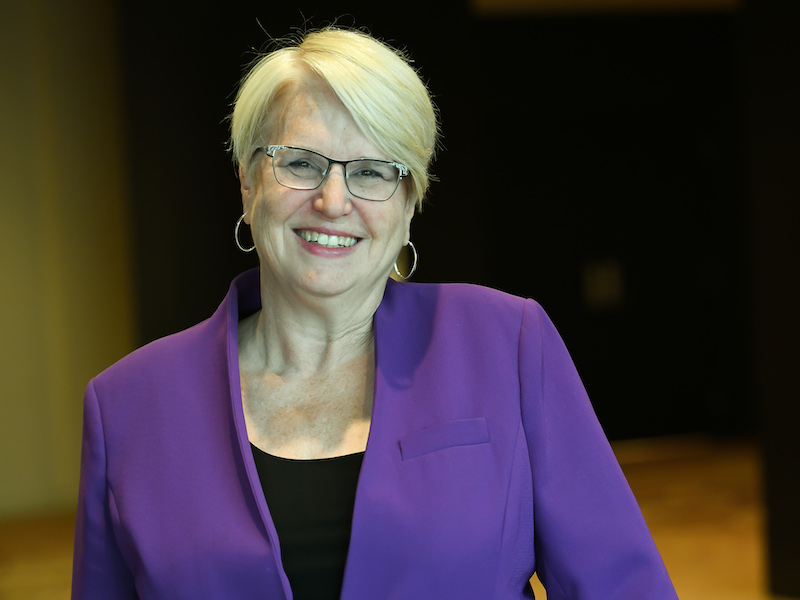
About a million Canadians are impacted by rare diseases, which disproportionately affect younger patients — 70 per cent start in childhood and, sadly, half of these children won’t reach adulthood, said Suzanne Lepage, a private health plan strategist, during a session supported by Alexion Pharmaceuticals at Benefits Canada‘s 2022 Face to Face Drug Plan Management Forum in Toronto in December.
In addition to affecting the patient, rare diseases also impacts caregivers, with research showing they can negatively impact the ability to work.
Since Canada’ health-care system is delivered provincially, diagnosis, treatment and access to medications for rare diseases vary by province. In addition, since these conditions are so rare, expertise is fragmented, with a limited number of specialists in Canada, North America or even worldwide. Unfortunately, even if a patient receives a diagnosis, there is no available treatment for 94 per cent of existing rare diseases.
Read: An update on Canada’s national strategy for drugs for rare diseases
The development of drugs for rare diseases is challenging because it’s difficult to conduct ethical, gold standard clinical trials when there are so few patients and limited physician expertise to run them, said Lepage. In addition, she noted the pharmaceutical industry may be hesitant to develop a drug for a rare disease if the clinical trials are challenging and risky.
In 1983, the U.S. created the Orphan Drug Act, which provided incentives for pharmaceutical companies to develop drugs for rare diseases and spurred a significant increase in the number of drugs brought to market, not only in the U.S., but in Canada and the rest of the world.
While Lepage noted the impact of medications for rare diseases on drug plan costs is a growing concern, a recent report found drugs that cost more than $100,000 annually only represent 1.8 per cent of private claims costs and another analysis showed drugs for rare diseases represent only 1.9 per cent of public drug plan expenditures. So although these are high-cost drugs, they represent a small portion of total drug spend.
“If we could find a way to spread these costs more equitably across a bigger pool, the impact would be less volatile for individual plan sponsors.”
Lepage recommended plan sponsors consider their health benefits objectives and whether they want their plan to provide members with protection for unexpected conditions such as a rare disease. “How would you respond if your plan member or their family member was denied coverage and went to the media or started a GoFundMe campaign.
Read: Sounding Board: How employers can better support employees with rare diseases
“There’s no right or wrong answer here,” she added. “You really need to think about how you’re going to approach this before that happens, because timing may be critical and it may potentially be a life-or-death situation.”
Lepage also recommended plan sponsors assess whether denying coverage saves the plan money “or are there different costs that are being incurred, such as the cost of an untreated or inadequately treated plan member or family member?”
She also suggested plan sponsors assess their potential legal liability if they don’t cover a required medication and seek legal counsel to assess their risk. “Although the insurer may be fully within their rights to decline the drug as per their contract, plan sponsors may have additional liabilities.”
The price tags for drugs for rare diseases may be scary, said Lepage, but plan sponsors should consider the benefits those treatments bring to the patients who need them. “Very few rare diseases have a treatment and, when one is available, there are no alternative, lower-cost options. Is the problem the cost of theses medications or is it actually that we need a better way to manage the risk of having one of these medications in your plan?”
Read more coverage of the 2022 Face to Face Drug Plan Management Forum.
